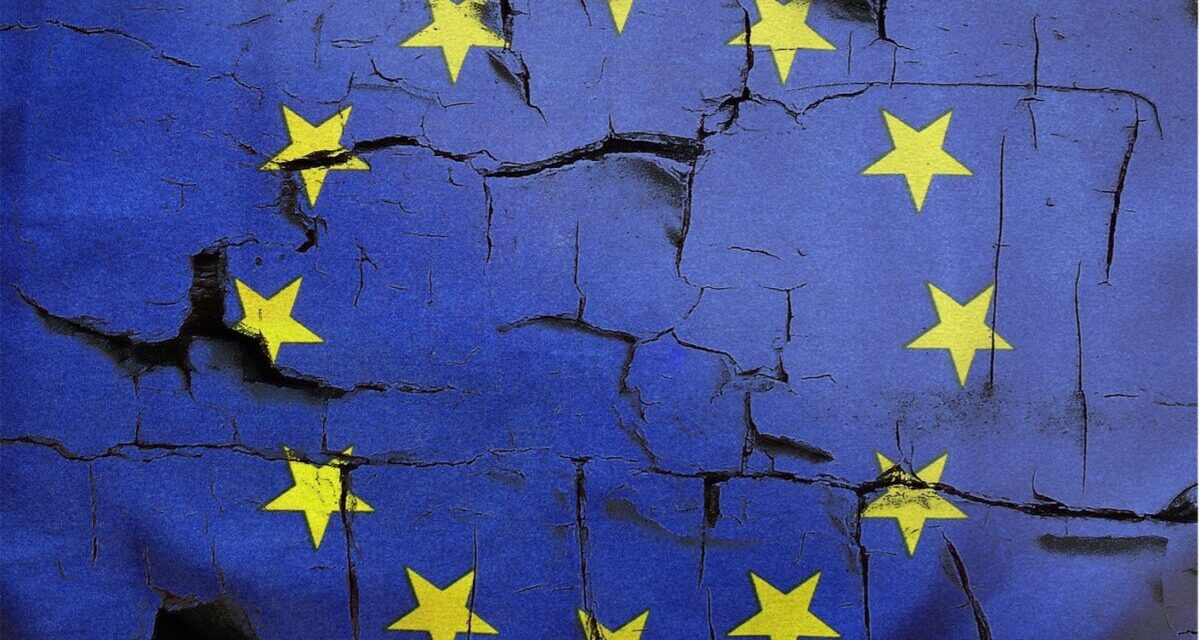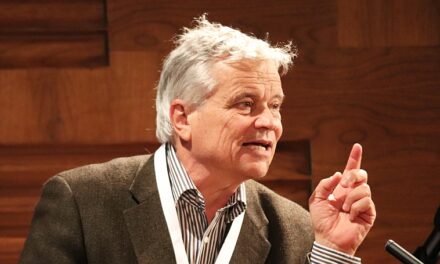The title is a paraphrase of a Georges Clemenceau quote. The French politician who played a dark role in Hungarian history and was nicknamed the Tiger because of his combativeness during his life, originally referred to the unimaginative French generals with his saying.
" War is too serious to be entrusted to soldiers/generals " - his words were born after a bloody and fruitless offensive in 1917, which threatened the prime minister elected in November with the possibility that a rebellion similar to the equally unsuccessful series of spring attacks in 1917 would break out again in France in the army. The importance of the problem is well characterized by the fact that Samuel Huntington devoted an entire book to the issue The Soldier and the State , which - correctly - emphasizes the importance of civilian control over military leadership based on historical examples. By the way, the latter is a fundamental work in the field to this day.
Based on the nature of war and the logic of war, an army led by professionals tends to become autonomous. Especially when it is not skills, but origin and/or connections that form the basis of advancement. Because - and this cannot be said enough -
war is one of the most complex enterprises of human societies. If not the most complex.
Economic, social, foreign policy and other aspects can also play a significant and even decisive role in the outcome of an armed conflict, of course in addition to military ones. History knows countless examples when a war was not decided on the battlefield, but rather the betrayal of the allies or the depletion of the treasury resulted in the suspension of military operations and the conclusion of peace.
The broader context of fighting wars is what the profession calls grand strategy, a term that refers to the totality of a nation's or federal system's resources focused on defeating an adversary. An excellent example of this is II. the case of the World War II Allied Powers, where the roughly correct application of the recognized industrial superiority led to the defeat of Nazi Germany. And this area is clearly the territory of civilian politicians, who, due to their ability to be recalled and held accountable, are also obliged to take into account the opinion of the population. War as an extraordinary, different from normal state
it ruthlessly points out the flaws in any existing system, just like a stress test.
In the current situation, the democratic deficit of the European Commission, which claims the main power for itself, which was not so spectacular in peacetime, is now glaringly obvious. Light-years away from the average citizen who bears the consequences of their decisions, politicians living in carefully constructed ivory towers can play with the fate of nations, even continents, or even the entire world as they wish. Just think of the looming food crisis.
Unfortunately, the situation is not much better at the national level. British Foreign Minister and Prime Minister-designate Liz Truss, for example, caused a minor diplomatic scandal at the beginning of the year by mixing up the names of Ukrainian and Russian territories during negotiations. It is bad to think that Winston Churchill, who worked on the history of the English-speaking peoples in a multi-volume historical work, could be replaced by a person with such serious challenges.
The above two aspects reveal a much deeper crisis. Ursula von der Leyen
he became the German Minister of National Defense, having previously been the Minister of Youth and Family Affairs, and then Minister of Labor and Social Affairs.
By the way, the lady with a medical degree was born into a prominent political family, so much so that in 1977 she had to flee Germany due to threats from the far-left terrorist organization, the Rote Armee Fraktion, and lived for a while in London under the protection of Scotland Yard. Apparently, everything was in place to become an excellent acquaintance of Clausewitz. Moreover, he should know not only the background of the famous saying (" war is the continuation of politics by other means "), but also the depth of the historical lessons behind it. Or not. Rather not.
On a side note: the progressive Western world likes to admire President Xi Jinping, who is one of China's "princes", i.e. a leader whose parents have already held important political positions. It is related to the fact that the only thing I really regretted was that Hillary Clinton did not become the President of the United States. So that I can recommend Presidents Bush (father and son) and Clinton (husband and wife) to the attention of enthusiastic critics of the new democracies in Eastern Europe as champions of democratic equal opportunities. How about the string and beam?
Of course, it would be unfair to blame this situation solely on civilian politicians. The prevailing neoliberal worldview does everything to reinterpret history. The stated aim of the 1619 project is to “replace history with narrative”. Unfortunately for the Western pioneers, we still remember a similar ideology that sought exactly the same thing. Erasing the past for good, right? Thanks to this absolute nonsense, we are already there
even in US military academies, they don't teach enough military history.
True, there is sociology and other inevitably important subjects instead. Moreover, military history itself is processed almost exclusively from a social, ethnic, racial and cultural point of view. Max Hastings, a well-known military writer, summed up this phenomenon by saying that " university instructors forget that the best way to prevent conflicts is to study them. "
The strength of the West has always been that it was able to free science and thought from blind faith, so that both could remain self-reflexive. In other words, we were always able to learn, if not from others, but at least from our own mistakes. This is becoming less and less possible due to the arrogant conceit of the neoliberal Homo Deus, the man who has become a god. However, we have no choice - either we accept that history is life's teacher and we are forced to constantly learn, change, and thereby adapt to changes, or we accept the inevitable consequences.
Civilizations have already disappeared from the face of the earth due to the bad decisions of leaders.
And will those who come after us mourn the European Union? Looking at the current situation, I believe.
Featured Image: Facebook












